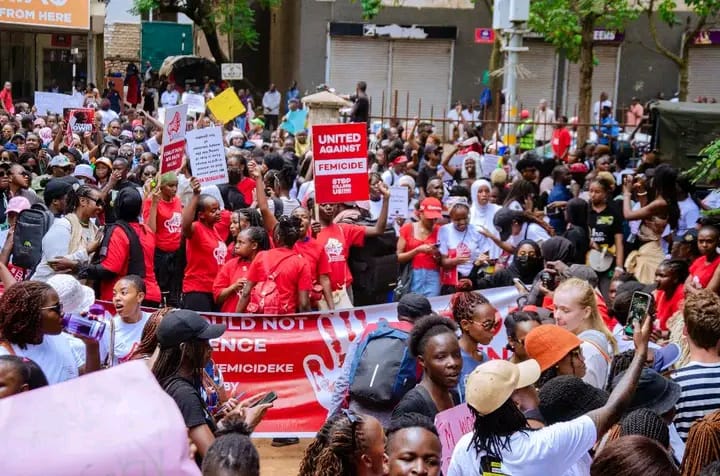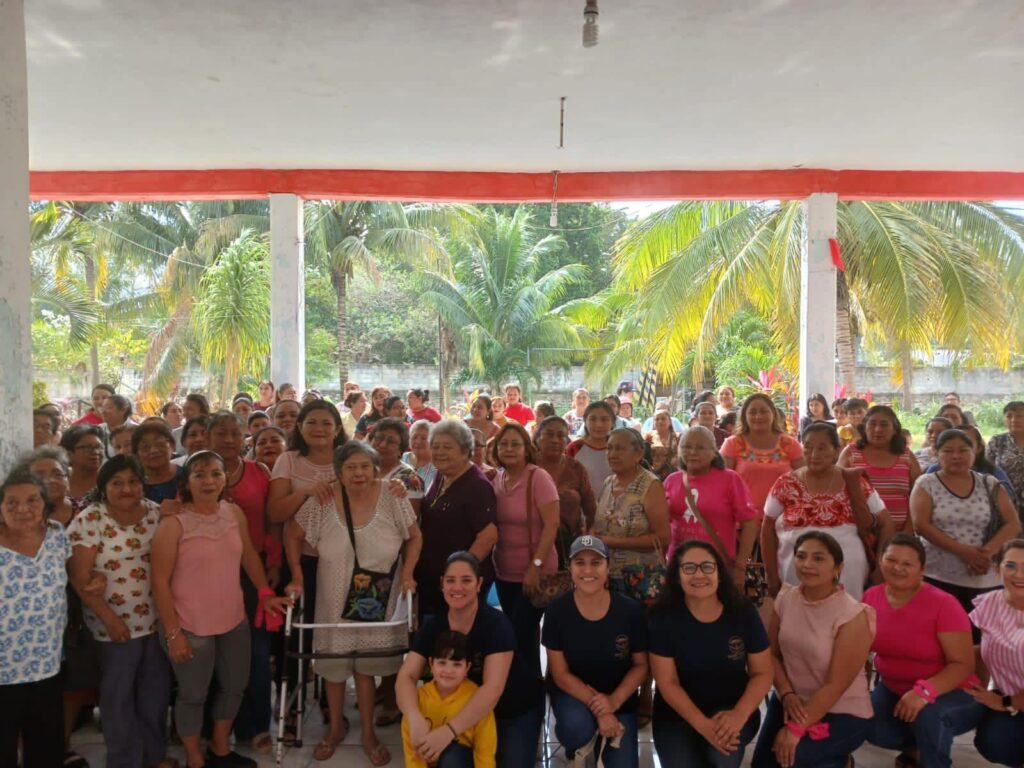Moving from Awareness to Action to End Violence Against Women
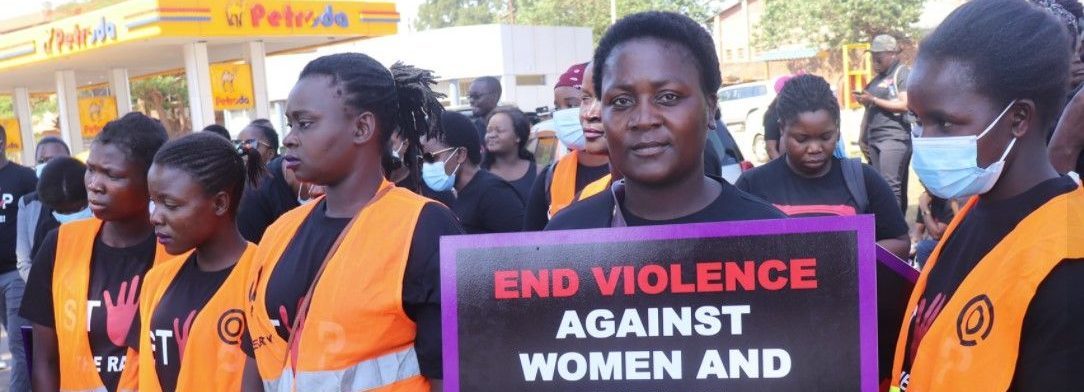
WomenStrong partners campaign for the 16 Days of Activism, commemorated November 25-December 10
“Violence against women remains devastatingly pervasive and starts alarmingly young.”
That’s the sobering reality shared by the World Health Organization in its latest update regarding gender-based violence, which reports that over 700 million women and girls worldwide have experienced violence during their lifetimes.
And that was before the COVID-19 pandemic struck, resulting in a surge of domestic violence often labelled the shadow pandemic, due in part to the increased isolation caused by government lockdowns, restricted mobility, and service disruptions.
“In the case of Mexico, all evidence pointed to an 80 percent increase in gender-based violence during the initial months of the pandemic,” said Teresa Shields, of Centro Mujeres A.C, WomenStrong’s partner in Baja Sur, Mexico.
In Guatemala, “Nearly 75 percent of women in the Western Highland communities where we work have experienced some form of gender-based violence,” says Andrea Tock of the Women’s Justice Initiative, another WomenStrong partner.
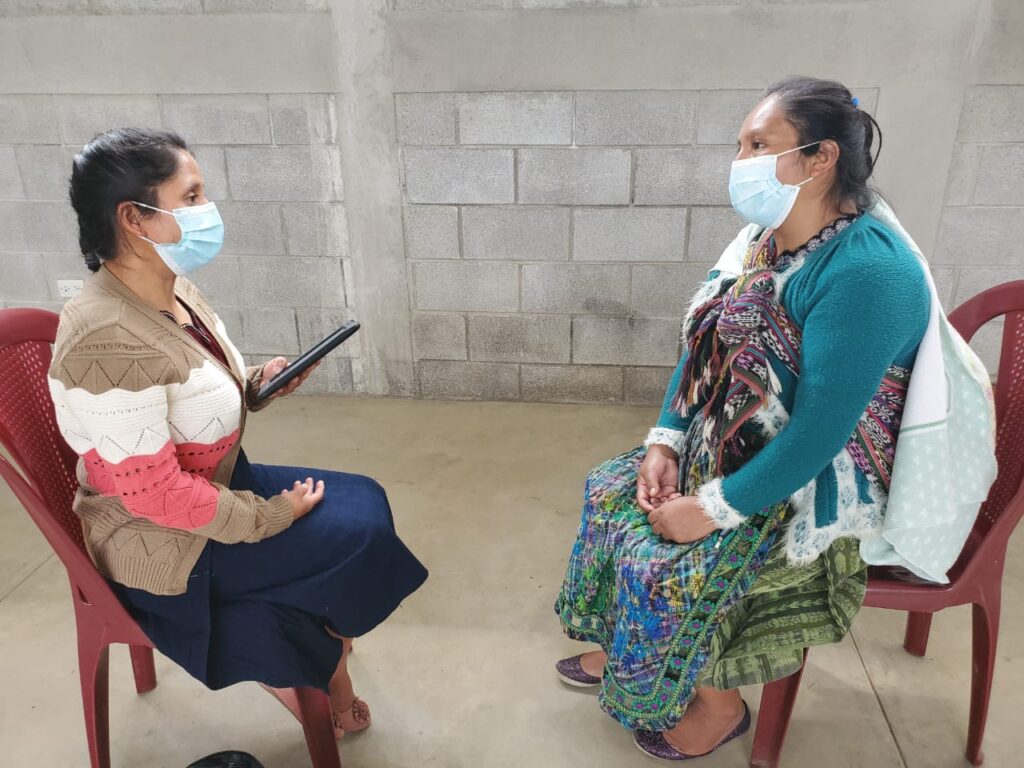
Raising awareness about violence against women is a key component of the global 16 Days Campaign, now in its 30th year. This year, campaign organizers are encouraging activists to move from awareness to action and are calling on governments to act with far greater urgency.
What can be done?
Increased funding for community-based organizations working to end violence is a start, especially those led by survivors and those in affected communities, as is the importance of funding programs shown to be effective and responsive to local needs.
According to the Sexual Violence Research Initiative, a number of promising practices can help prevent or respond to gender-based violence. These include prevention programs that strengthen relationship skills and that shift expectations of male and female roles for both adults and young people. The research also shows that programs advancing women’s economic empowerment and awareness of their rights are highly effective.
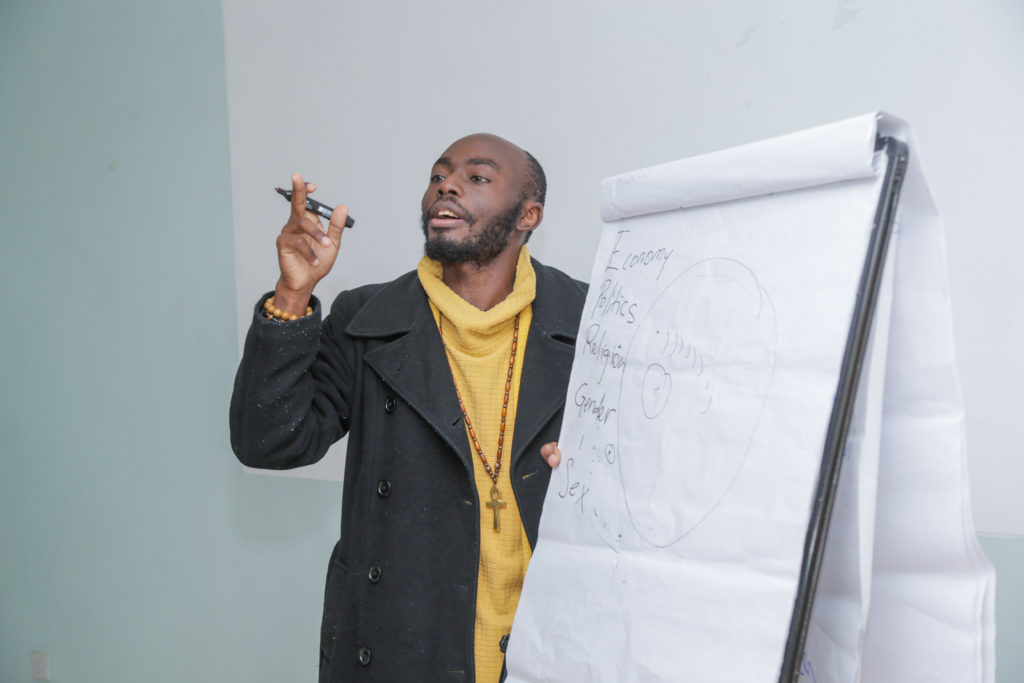
These are some of the approaches being deployed by WomenStrong’s partners – 19 women-driven organizations working to prevent and address violence and improve the education and health outcomes for girls and women, in communities across Asia, Africa, and the Americas, including here in the United States.
In post-conflict Rwanda, for example, the Rwanda Women’s Network works with over 52 community associations and cooperatives to reach more than 4,000 men and women with programs that shift attitudes, behaviors, and norms contributing to intimate partner violence in the Bugesera District, not far from the capital city, Kigali.
Gender and Development Cambodia, in Phnom Penh, offers workshops that promote mutual respect between men and women, and strengthens support for gender equality at the national and local levels. During the pandemic, the organization mobilized its network of women leaders through the WhatsApp and Signal apps to check in on women by visiting families at their doorstep, from a safe distance, and making referrals to available services.
And in Atlanta, Georgia, Men Stopping Violence engages men to take action to end violence through training and community education that has reached over 500,000 people in its first decade of powerful work. One key approach during COVID has been to create virtual spaces such as “The Huddle,” an online gathering for male-identified people to connect and talk about strategies to end violence.
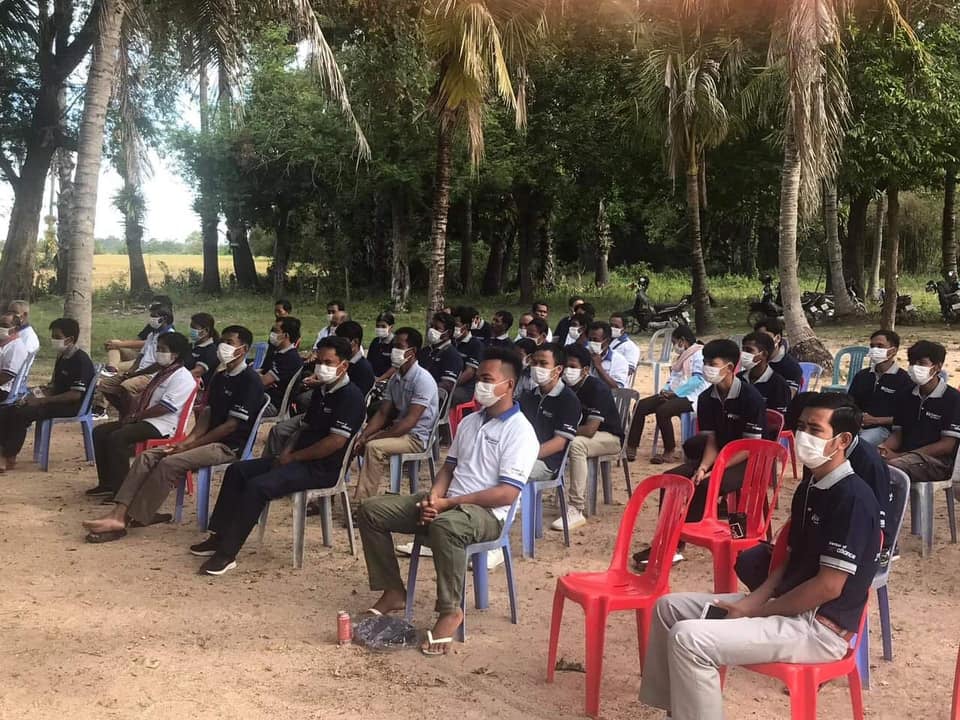
A common approach deployed by these organizations – and by many WomenStrong partners – is the need to engage men and boys in efforts to end violence.
Why?
“Both women and men live within patriarchal power structures, uphold those structures, are harmed by those structures, and are responsible for transforming them,” according to a research brief published by the International Center for Research on Women.
On December 8, several WomenStrong grantee partners will share updates about their work to engage men in a Facebook Live event scheduled as part of the global 16 Days of Activism Against Gender-based Violence campaign.
The event, “Off the Sidelines: Men Joining the Global Movement to End Violence Against Women and Girls,” will be broadcast live on the WomenStrong Facebook page starting at 8:00 am EST. Speakers will share perspectives and stories from Cambodia, Mali, Peru, Uganda, and the United States. WomenStrong partners will also release a tip sheet that can be used by other organizations seeking to reach men and boys in efforts to prevent and respond to gender-based violence. [Live interpretation will be available in French and Spanish via a separate link.]
Across the 16 countries where they work, WomenStrong partners are making strides through their efforts to address violence against women and girls. And they believe that with increased action and support, progress can be made to prevent future violence and to keep women and girls, and men and boys, safe.
This vision of a world without violence keeps our partners motivated, because the stakes are so high and the potential so great.
As Monica Nyiraguhabwa of the Girl Up Initiative Uganda says, “In a world without violence, girls and boys could grow up with the dignity, confidence, and freedom to make decisions that affect their lives – and contribute equally to future progress. They could finally thrive.”
It’s the vision that keeps us all going.

